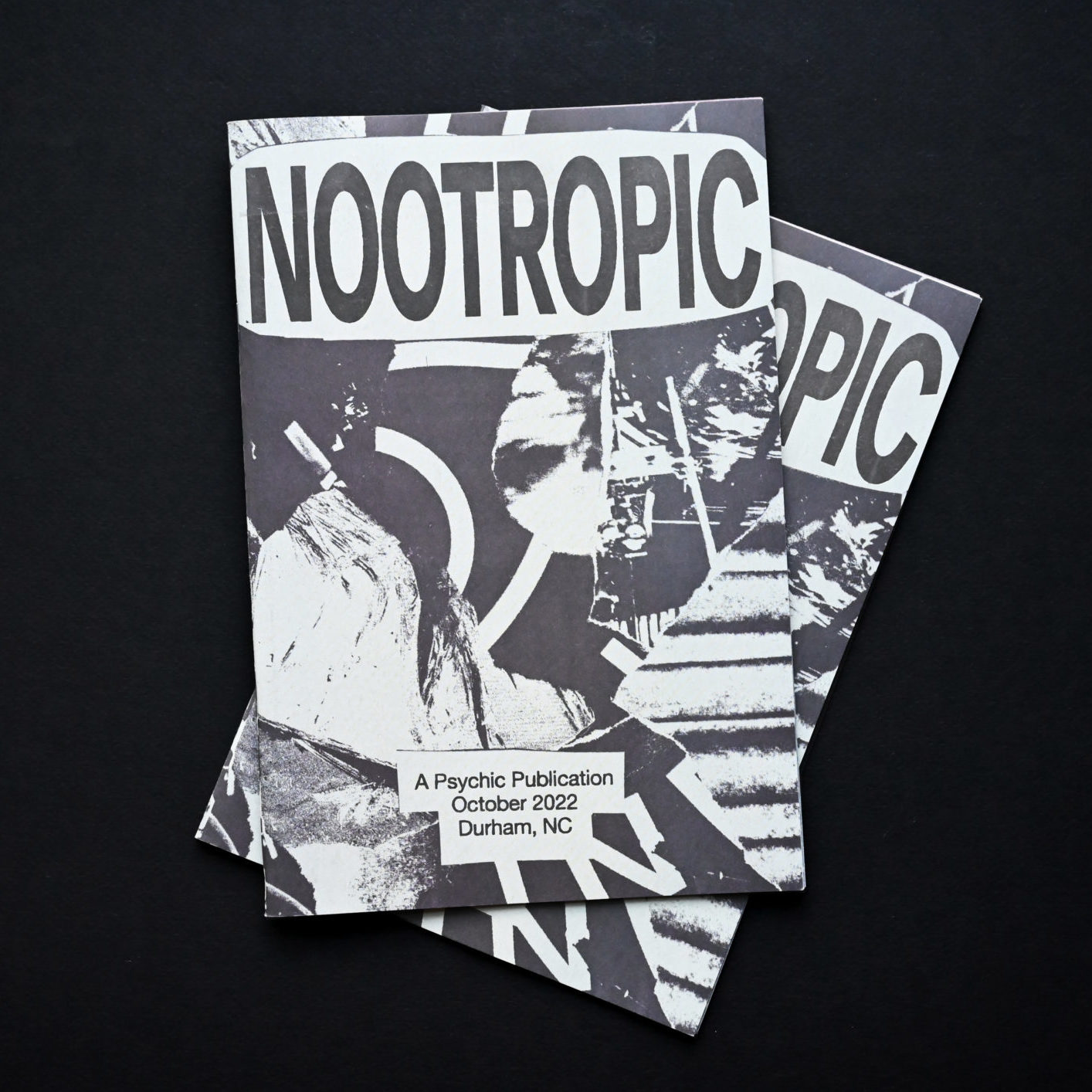Record Label as Lighthouse: How Selo Risco Built a Middle Ground in Sao Paulo’s Music Scene
November 11, 2022 - By Phoebe Smolin Nootropic
It all started in 2011 when Gui Jesus Toledo needed to find a place to record local Sao Paulo bands that was not his parents’ back house. After a dig through the internet, he found the perfect nest for what would become Estudio Canoa, and eventually Selo Risco. Estudio Canoa translates to “Canoe Studio,” a name that predicted itself; the studio would not only become a safe container for growing Sao Paulo artists across the sonic tapestry of the city, but expand into a vessel that would propel them forward on waters often left murky by a confusing and prohibitive industry. Toledo, who studied marketing and communications and eventually audio production, knew the house had to be his. It was beautiful, and something he knew would become essential for the community. Complete with a kitchen, a studio in the back he built himself in the span of six months, and ample space for rest and gathering, the house made serendipitous encounters easy to come by. “It was very common to stumble out of the studio and there would be a barbeque going on outside with friends,” he says. In 2013, it was one of those fateful barbecues that marked the official beginning of Selo Risco.
“Why don’t we join forces?” is what Gui asked eight local bands when they all gathered at the house for a barbecue. Selo Risco was started that day in 2013 by Gui and Guilherme Giraldo, the bassist for the Tropicália rock band Charlie e os Marretas, who Gui was recording at the time. They felt no need to label it at first. “We liked to not be well-defined. It wasn’t a label, and it wasn’t a movement or collective,” comments Gui. However you classify it, Selo Risco has quickly become the glue for a blossoming music scene, held together and propelled by the very community it’s composed of. “In the beginning I wanted to do things horizontally,” says Gui. “We shared all costs and profits with the bands. We were their partners.”
Selo Risco began by producing vinyl for projects such as 66 by O Terno (the band that features Psychic Hotline’s Tim Bernardes), an EP by O Terno, Charlie e os Marretas’ first album, and Memórias de um Caramujo’s first album. Never constrained by a single sound, Risco’s releases range from folk to rock to Tropicália and beyond, with collaboration among bands being a key factor in their production. The vinyl production was an adventure all its own—it was curiously much cheaper to produce in the Czech Republic (as opposed to the main factory in Rio De Janeiro). A friend’s flight attendant girlfriend would shepherd the vinyl over in batches on her trips.
Selo Risco has always been somewhat of a family effort, with many of its bands being collaborators—much like friends who share clothes. This is felt quite obviously on the label’s first compilation, Risco #01, which was recorded at Red Bull Studios in Sao Paulo in 2017. Bands under the Selo Risco seal gathered to play their own versions of each other’s songs—an effort emblematic of the label’s ethos.
The guiding philosophy of Selo Risco is that there is room for everyone. As Selo Risco grew, it was forced to consider its idea of success, which in the scene is usually defined by proximity to the mainstream. Gui, however, found that a middle ground was possible, and in fact begging to be cultivated.This is what we refer to as a “mid-stream” (as opposed to mainstream). He watched this space essentially create itself as he witnessed the growth of O Terno, who are now one of the country’s most popular bands. Success as an artist is much more nuanced than the traditional dichotomy between super-stardom and failure. Success is evident in the process, and Selo Risco has dedicated itself to providing a space and support for that. “Every year we have a first-album band,” comments Gui. The label uses the momentum of its larger, more-established artists to introduce the market to newer bands. Not only that, but they emphasize education in the development of their bands; teaching them everything from how to market their music to recording rights, eliminating that imposed barrier of mysteriosity that much of the industry is built on. By involving them in the process of their own development, Selo Risco has constructed a model that functions more closely to that of any ecosystem, with each mechanism functioning to help the growth of the next.
Selo Risco has weathered many storms—from warped vinyl to a pandemic—and yet continues to be a blueprint for artists across Brazil, growing steadily alongside them, guiding them all home.


